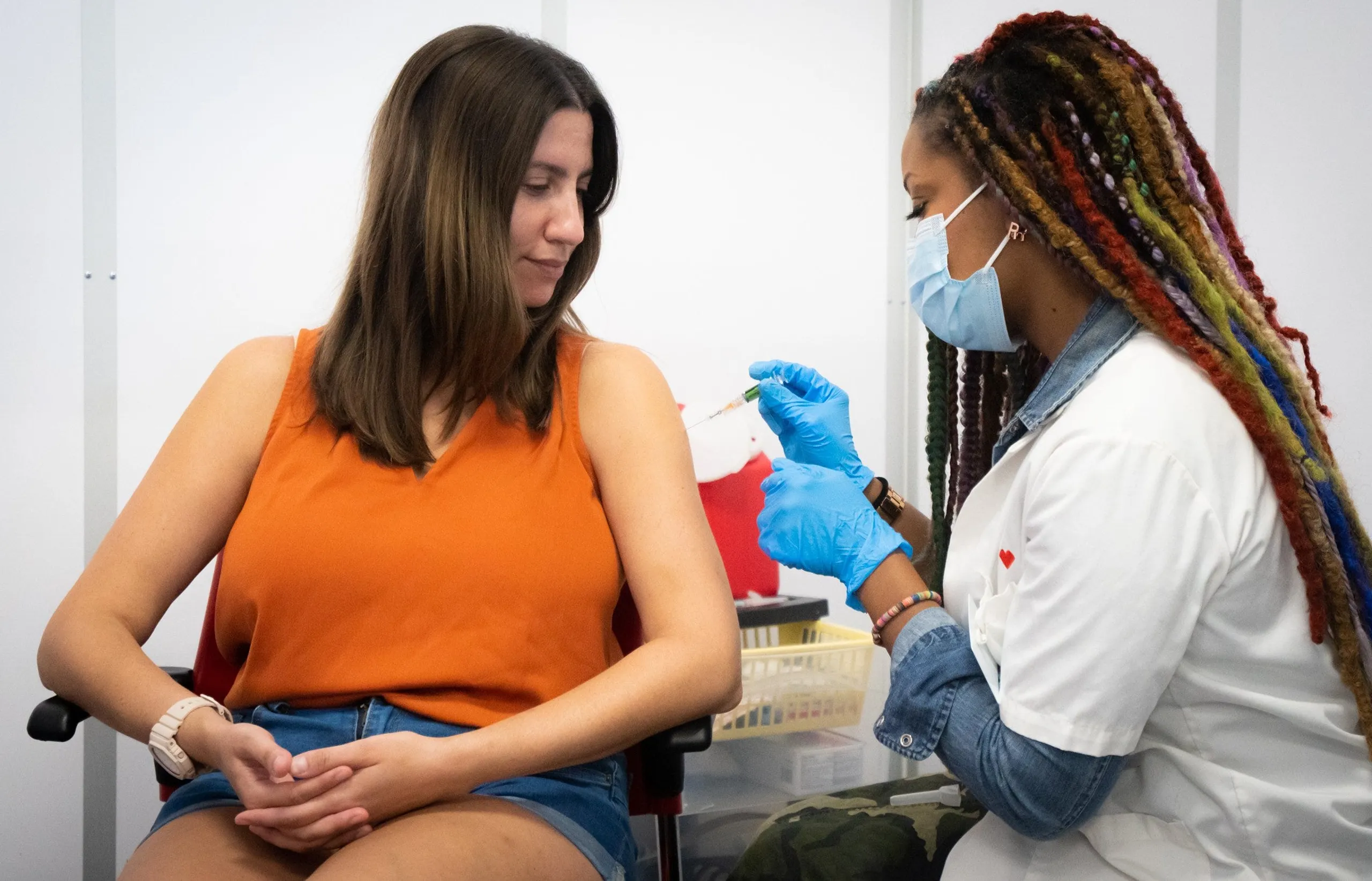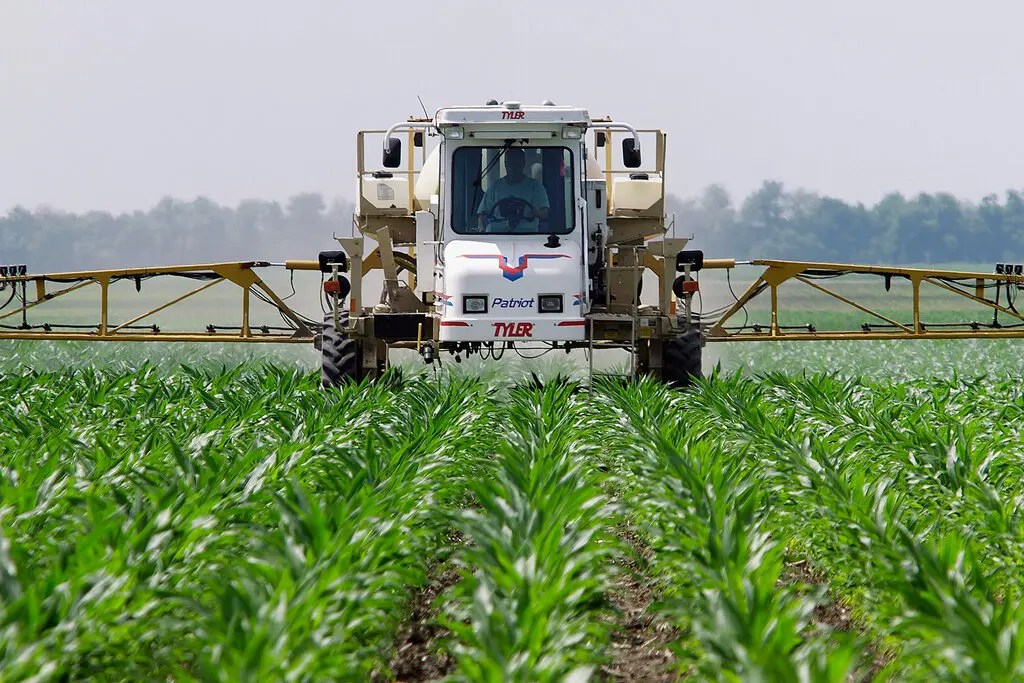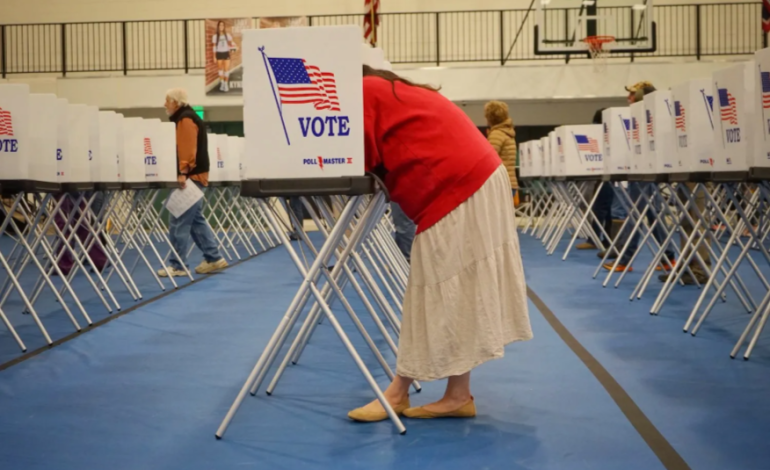Wyoming legislators have introduced 45 election-related bills during the 2025 general session, representing about 8% of all proposed legislation in both the House and Senate this year, Oil City News reports.
The measures include proposals to change election timelines, restrict voter registration options, and prohibit ranked-choice voting.
The most significant proposal would move the 2026 governor’s race earlier in the year and introduce a runoff election system, ensuring that candidates for the state’s top offices must receive more than 50% of the vote to advance to the general election.
Many of the bills were introduced by members of the Wyoming Freedom Caucus and their allies, who argue that the reforms will strengthen election security and improve the system.
“We’ve got good elections, but we can do a better job,” said House Speaker Chip Neiman, R-Hulett.
Speaker added that the measures are proactive steps to ensure election integrity.
However, critics argue that Wyoming’s elections are already secure, noting the lack of documented election fraud cases and the state canvassing board’s unanimous certification of the 2024 primary and general elections.
Some Democratic lawmakers and others have suggested that the Freedom Caucus’ push for election reforms is politically motivated, potentially setting the stage for the 2026 gubernatorial race.
Among the election-related bills introduced:
- Runoff elections for governor and other top state offices if no candidate receives more than 50% of the vote in the primary.
- Restrictions on voter registration, including limits on acceptable forms of identification.
- A ban on ballot drop boxes and ranked-choice voting.
- Mandatory hand recounts in election audits.
- A measure requiring political campaign funding transparency, which has received bipartisan attention.
While some bills have moved quickly through the House, others have stalled or failed. Last week, a proposal to ban electronic election equipment was rejected by a group of Republican lawmakers, including some Freedom Caucus members, citing implementation concerns.
One of the most notable bills, House Bill 249, was introduced by Speaker Neiman and would move Wyoming’s primary election for top state offices from August to May. If no candidate secures more than 50% of the vote, a runoff election would be held in August.
Neiman cited concerns about crowded primary races, noting that up to eight candidates may run for governor in 2026.
“The Republican primary essentially determines the winner in Wyoming’s political landscape, so it’s important that the nominee has majority support,” Neiman said.
The bill allocates $2 million to fund a runoff election system, though the Secretary of State’s Office has not provided a cost estimate for implementing the change.
As the session progresses, 30 of the original 45 bills remain active. Lawmakers face upcoming deadlines to move the measures forward, with votes scheduled throughout the week.








